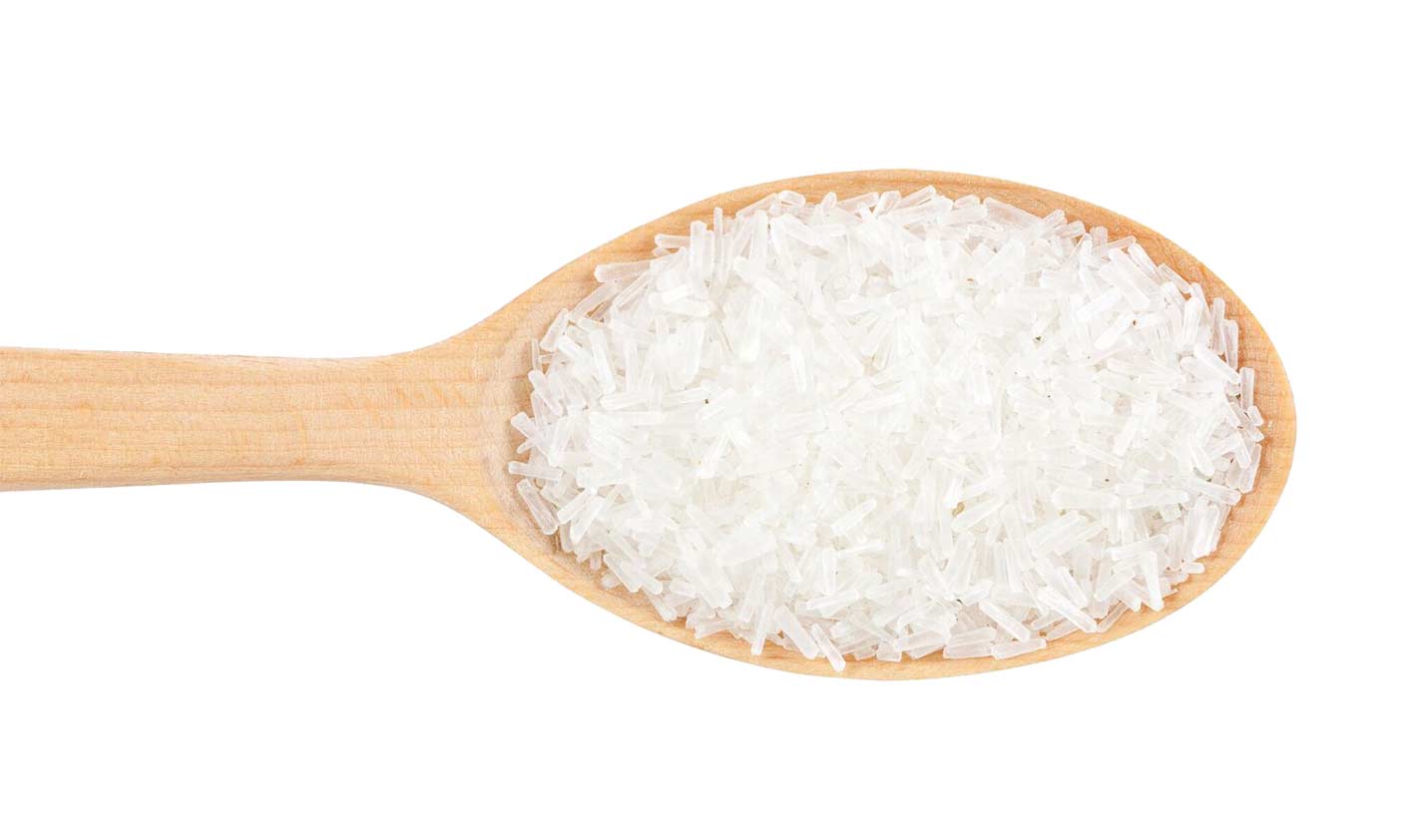"ผลงานวิจัยล่าสุด" ยืนยัน รสอูมามิช่วยควบคุมความรู้สึกอยากทานอาหาร
"ผลงานวิจัยล่าสุด" ยืนยัน รสอูมามิช่วยควบคุมความรู้สึกอยากทานอาหาร
"ผลงานวิจัย" ล่าสุด ยันรสอูมามิ
ช่วยควบคุมความรู้สึกอยากทานอาหาร
โตเกียว--กรกฎาคม—พีอาร์นิวส์ไวร์ / อินโฟเควสท์ / เมดฮับ นิวส์ รายงานว่า ในระหว่างการประชุมวิชาการนักกำหนดอาหารอาเซียน ( Asian Congress of Dietetics : ACD ) ครั้งที่ 7 ณ Hong Kong Polytechnic University

ภายใต้หัวข้อ “การยกระดับการศึกษาด้านโภชนาการและการกำหนดอาหารในเอเชีย” ( The Rise of Nutrition and Dietetics in Asia )
ซึ่งเปิดโอกาสให้ผู้เข้าร่วมการประชุมอภิปรายและนำเสนอผลการวิจัยล่าสุดเกี่ยวกับรสชาติอูมามิ รวมถึงความสำคัญของรสอูมามิในด้านการควบคุมอาหารเพื่อสุขภาพ ระหว่างงานสัมมนาพร้อมรับประทานอาหารกลางวัน
ผู้สื่อข่าวเว็บไซต์เมดฮับนิวส์ดอทคอม และ เพจ sasook รายงานว่า สำหรับวิทยากรหลักในการสัมมนาครั้งนี้ก็คือ Dr. Snigdha Misra ปัจจุบันดำรงตำแหน่งหัวหน้าภาควิชาโภชนาการและการกำหนดอาหารเพื่อสุขภาพ มหาวิทยาลัย International Medical ประเทศมาเลเซีย ซึ่งได้นำเสนอผลงานวิจัย

ล่าสุด ที่แสดงให้เห็นว่ารสอูมามิช่วยเพิ่มความอร่อยให้อาหารและเพิ่มความพึงพอใจในรสชาติของผู้รับประทาน ช่วยกระตุ้นความรู้สึกอยากรับประทานอาหาร และส่งเสริมการมีโภชนาการที่ดีในผู้สูงอายุ
ในงานนี้ Dr. Snigdha ยังได้พูดถึงว่าเพราะเหตุใดอาหารที่มีรสอูมามิหรือรสอร่อยกลมกล่อม จึงมีส่วนช่วยในการลดปริมาณการได้รับเกลือ (โซเดียม) จากอาหารและช่วยรักษาความดันโลหิตให้เป็นปกติอีกด้วย
Dr. Snigdha กล่าวว่า “ผู้สูงอายุส่วนใหญ่ มักประสบปัญหาเรื่องความรู้สึกอยากรับประทานอาหาร เนื่องจากประสิทธิภาพในการรับรู้รสชาติลดลง ทั้งนี้ การใส่ซอสปรุงรสหรือเครื่องปรุงอื่นๆในปริมาณมากๆ ช่วยทำให้อาหารมีรสชาติและดูน่ารับประทานก็จริง แต่ไม่เป็นผลดีต่อสุขภาพ
เนื่องจากมีปริมาณโซเดียมในระดับที่สูง หนึ่งในคุณประโยชน์ของรสอูมามินั้น นอกจากจะช่วยให้อาหารมีรสชาติอร่อยกลมกล่อม โดยลดปริมาณการใช้เกลือปรุงอาหารแล้ว ยังช่วยกระตุ้นความอยากรับประทานอาหารอีกด้วย”
International Glutamate Information Service (IGIS) ผู้สนับสนุนการจัดงานสัมมนา ระบุว่า “การประชุมวิชาการนักกำหนดอาหารอาเซียน (ACD) ในปีนี้ ให้ความสำคัญกับประเด็นด้านการยกระดับโภชนาการในภูมิภาคเอเชีย ซึ่งประจวบเหมาะกับวาระสำคัญของรสอูมามิพอดี
โดยย้อนไปเมื่อ 110 ปีที่แล้วในประเทศญี่ปุ่น ศาสตราจารย์ ดร.คิคุนาเอะ อิเคดะ เป็นนักวิทยาศาสตร์คนเรกที่ค้นพบรสชาติอันเป็นเอกลักษณ์ “อูมามิ” จากกรดอะมิโน “กลูตาเมต” ที่พบในน้ำซุปที่ได้จากการต้มสาหร่ายทะเลคมบุ และตั้งชื่อรสชาตินี้ว่า “อูมามิ” ซึ่งเป็นรสชาติที่มีความเป็นสากลโดดเด่นและแตกต่างจากรสชาติพื้นฐานอื่นๆ
ได้แก่ รสหวาน เปรี้ยว ขม และเค็ม ปัจจุบัน รสอูมามิได้รับการยอมรับว่าเป็นหนึ่งในห้ารสชาติพื้นฐาน และ ดร.อิเคดะ ตั้งปณิธานไว้ว่าจะยกระดับโภชนาการของชาวญี่ปุ่นด้วยเครื่องปรุงรสอูมามิของเขา”
สำหรับ IGIS เป็นองค์กรที่ไม่แสวงหาผลกำไร มีจุดมุ่งหมายเพื่อให้ข้อมูลทางวิทยาศาสตร์เกี่ยวกับรสอูมามิ กลูตาเมต และโมโนโซเดียมกลูตาเมต (เครื่องปรุงรสอูมามิ)
 TOKYO--July , 2018--PRNewswire/InfoQuest / medhubnews.com Latest Umami Research Confirms Appetite Control and Sodium Reduction Benefits
TOKYO--July , 2018--PRNewswire/InfoQuest / medhubnews.com Latest Umami Research Confirms Appetite Control and Sodium Reduction Benefits
Umami, known as the savory taste, was discovered more than a century ago, yet recent research continues to document the benefits of umami. Currently underway is a year-long recognition of umami's 110th anniversary since its discovery in 1908.
At one event this year, participants at the Asian Congress of Dietetics (ACD) will discuss the latest research on umami, including its dietary significance, during an ACD lunch symposium on Friday, July 6. The symposium ties in directly to the theme of the 7th ACD, which is "The Rise of Nutrition and Dietetics in Asia," being held July 6-8 at the Hong Kong Polytechnic University.
The principal speaker at the lunch symposium will be Dr. Snigdha Misra, who is chair of the Department of Nutrition and Dietetics at International Medical University, in Malaysia. Dr. Snigdha will present the latest research demonstrating that umami improves the palatability of foods and stimulates appetite regulation, supporting nutrition among the elderly.
Dr. Snigdha also will discuss how foods with umami seasonings are effective in reducing sodium intake and can help maintain normal blood pressure.

Dr. Snigdha notes, "The elderly face challenges in appetite due to decline in taste sensitivity. The addition of excessive sauces or dressings may make food appetizing, but could be detrimental to health due to the high sodium content.
Umami enables food to be flavorful while lowering the sodium content of the food and stimulating appetite."
According to the International Glutamate Information Service (IGIS), sponsor of the symposium, "It is fitting that ACD is focusing on the rise of nutrition in Asia. It was in Japan that 110 years ago Professor Kikunae Ikeda identified the 'glutamic taste' after isolating it from kelp broth.
Dr. Ikeda was the first scientist to identify the unique properties of glutamate. He named the taste of glutamate 'umami,' which has a distinctive taste that is different from sweet, sour, bitter, and salty. Umami is now recognized as one of the five basic tastes. Dr. Ikeda's driving goal was to improve nutrition of the Japanese with his umami seasoning."
The IGIS is a non-profit organization communicating science-based information about umami, glutamate, and monosodium glutamate (umami seasoning). For more information, visit glutamate.org.
เมดฮับ นิวส์ medhubnews.com
เว็บไซต์ข่าวสุขภาพ สาธารณสุข การท่องเที่ยวเพื่อสุขภาพ วาไรตี้ ฯลฯ
Thailand Health and Wellness News
ติดตามข่าวสารจาก medhubnews.com ได้จาก Facebook : sasook ของเรา ![]()
04 มกราคม 2562
ผู้ชม 2510 ครั้ง



